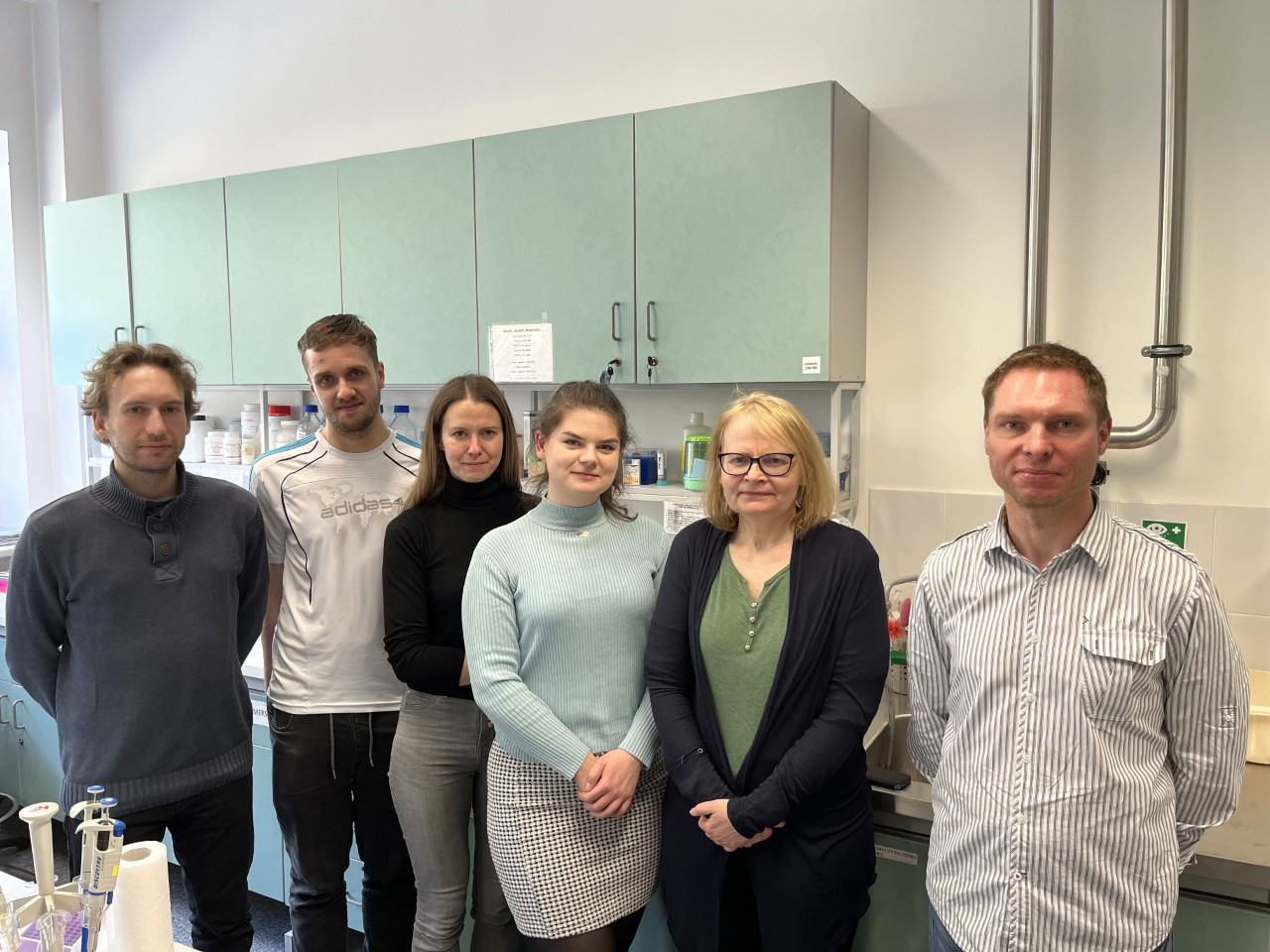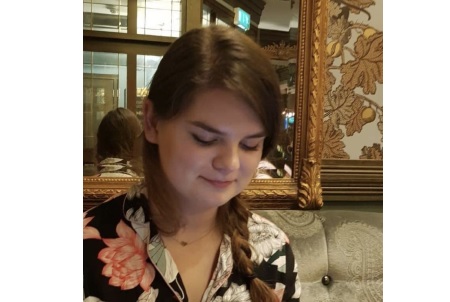Our group is interested in molecular basics of energy transduction. We concentrate on mitochondrial energy dissipating systems (uncoupling proteins – UCPs, alternative oxidases – AOXs, mitochondrial potassium channels) and their role in mitochondria under physiological and pathological conditions. We study the activity of UCPs and AOXs in different eukaryotic organisms (from unicellular microorganisms to plants and mammals), the role of UCPs in inflammation and circulatory diseases, mitochondrial potassium channels in cytoprotection, and changes in mitochondrial function due to endurance training.
Publication in PubMed

Wiesława Jarmuszkiewicz
Prof. PhDCellular oxidative metabolism; regulation of activity and physiological role of mitochondrial energy-dissipating pathways, i.e., uncoupling proteins, alternative oxidases and potassium channels in various groups of eukaryotes; mitochondria and endurance training; mitochondria and endothelial cell dysfunction; Coenzyme Q and oxidative stress
wiesiaj@amu.edu.pl
61 829 58 81
Łukasz Gałgański
DrThe role of mitochondrial proteins in response to carbon dioxide, endurance training and hypoxia; sensing and signalling of carbon dioxide in plants and animals.
lukasz.galganski@amu.edu.pl

Grzegorz Figura
Dr
Karolina Dominiak
PhD StudentThe interplay between mitochondrial reactive oxygen species formation and Coenzyme Q reduction level
karogr@amu.edu.pl
829 58 76
Adrianna Budzińska
PhD StudentMitochondrial dysfunction caused by bisphosphonates: the effect of Coenzyme Q deficiency
adrianna.budzinska@amu.edu.pl

Krzysztof Wójcicki
PhD StudentOxidative metabolism adaptation to Coenzyme Q deficiency in the brain: effect of statins
krzysztof.wojcicki@amu.edu.pl

